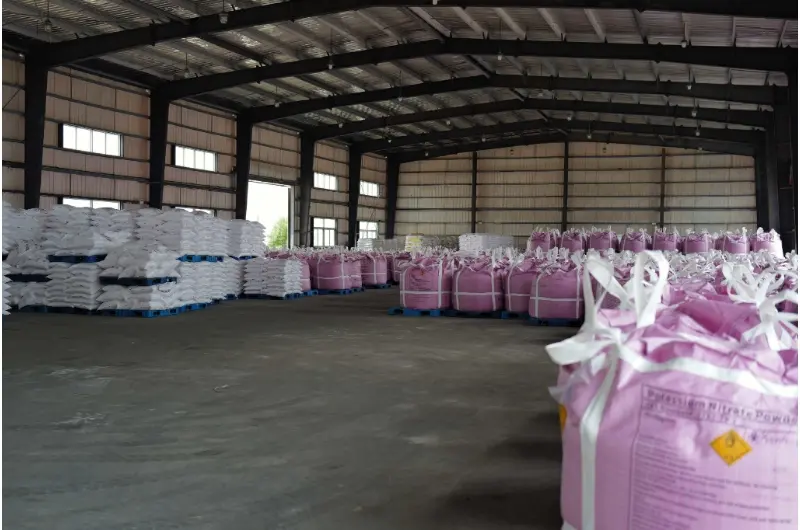Potassium nitrate is particularly suitable for high-value crops such as tea, coffee, and tobacco because it perfectly matches these crops’ pursuit of ultimate quality rather than just yield. Its core advantages lie in its unique “nitrate nitrogen + potassium” combination and chlorine-free characteristic.
For tea: Achieving “Fresh and refreshing” and “Tender green”
1. Promoting the growth of new shoots, increasing yield and quality
- The economic value of tea lies in the new shoots that sprout in spring each year (one bud and one leaf or one bud and two leaves). The nitrate nitrogen in potassium nitrate can be rapidly absorbed and utilized by tea plants, significantly promoting the germination and growth of new shoots, making the buds fatter and more downy, thereby enhancing the yield and appearance of high-end teas such as pre-Qingming tea.
2. Enhance the “fresh and refreshing” taste
- Theanine in tea is the key substance that constitutes the “fresh and refreshing” taste. Potassium can promote the synthesis and upward transportation of theanine by the root system of tea plants. The use of potassium nitrate can effectively increase the content of theanine in new shoots, making the tea soup taste more fresh and mellow with a better aftertaste.
3. Avoid soil acidification and keep the leaves tender and green.
- Compared with ammonium nitrogen fertilizers, nitrate nitrogen does not aggravate soil acidification (tea plants themselves prefer acidic soil, but excessive acidification is also harmful). Meanwhile, sufficient potassium can promote the synthesis of chlorophyll, keeping the leaves tender, with a bright green and lustrous color. After being processed into dry tea, the appearance is even better.
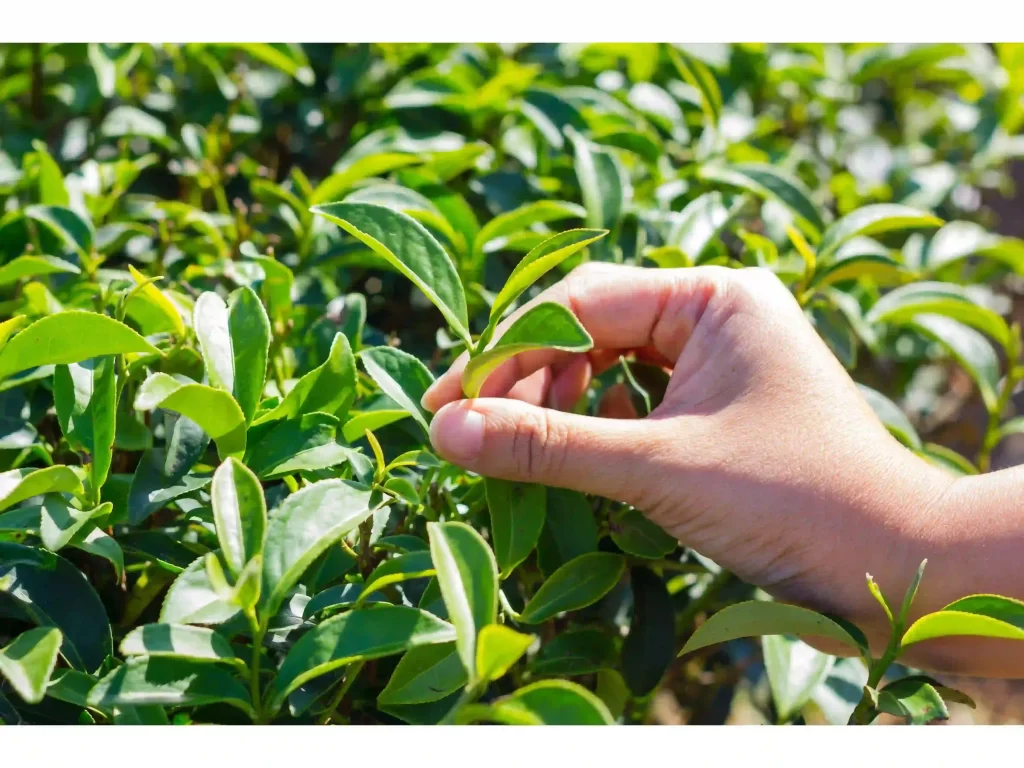
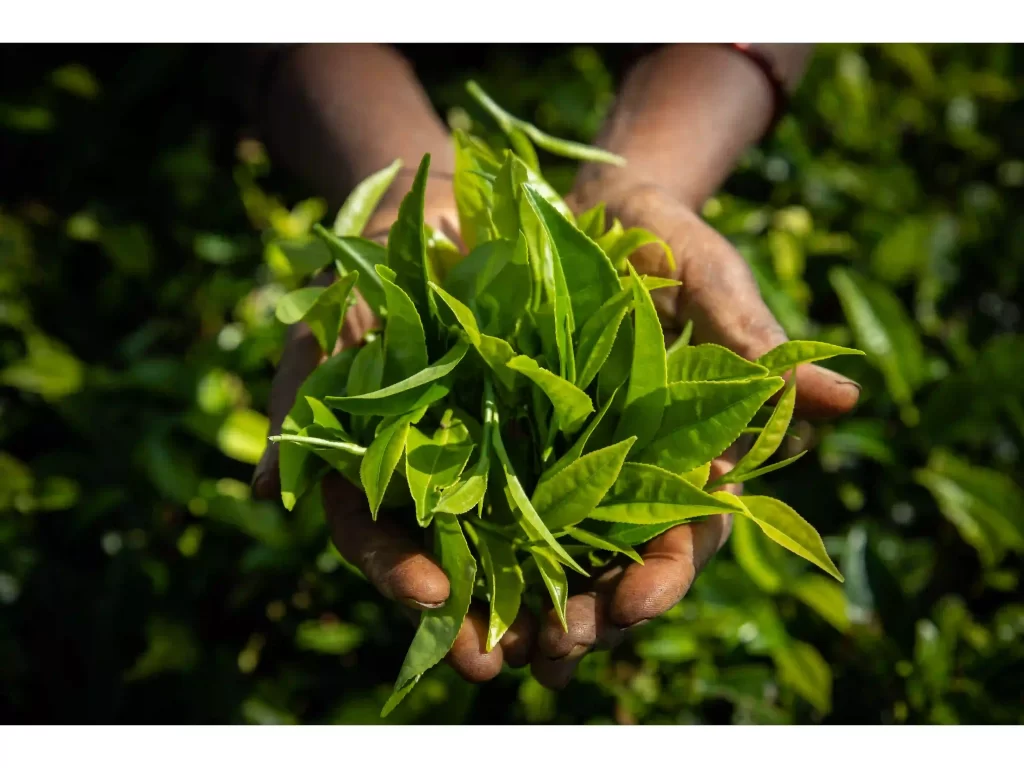
For coffee: Pursuing “fullness” and “richness”
Promote uniform ripening of berries and enhance quality
- Coffee beans are the seeds of coffee trees. Potassium is known as the “quality element” and plays a key role in the synthesis and transport of carbohydrates. Adequate potassium can ensure that the products of photosynthesis (sugar) are transported and stored in coffee berries more effectively, making coffee beans fuller and more evenly mature. This is crucial for enhancing the grade and flavor of specialty coffee.
2. Enhance stress resistance and reduce fruit drop.
- Coffee cultivation often faces stress such as drought and strong light. Potassium can regulate the opening and closing of stomata on leaves, enhancing the drought and disease resistance of coffee trees. The readily available nutrients provided by potassium nitrate can help trees stay healthy in adverse conditions, reduce fruit drop caused by insufficient nutrients, and ensure a good harvest.
3. Improving bean size and hardness
- The synergistic effect of nitrate nitrogen and potassium helps increase the particle size and hardness of coffee beans, which are important physical indicators of high-grade green beans and are directly related to the flavor potential after roasting.
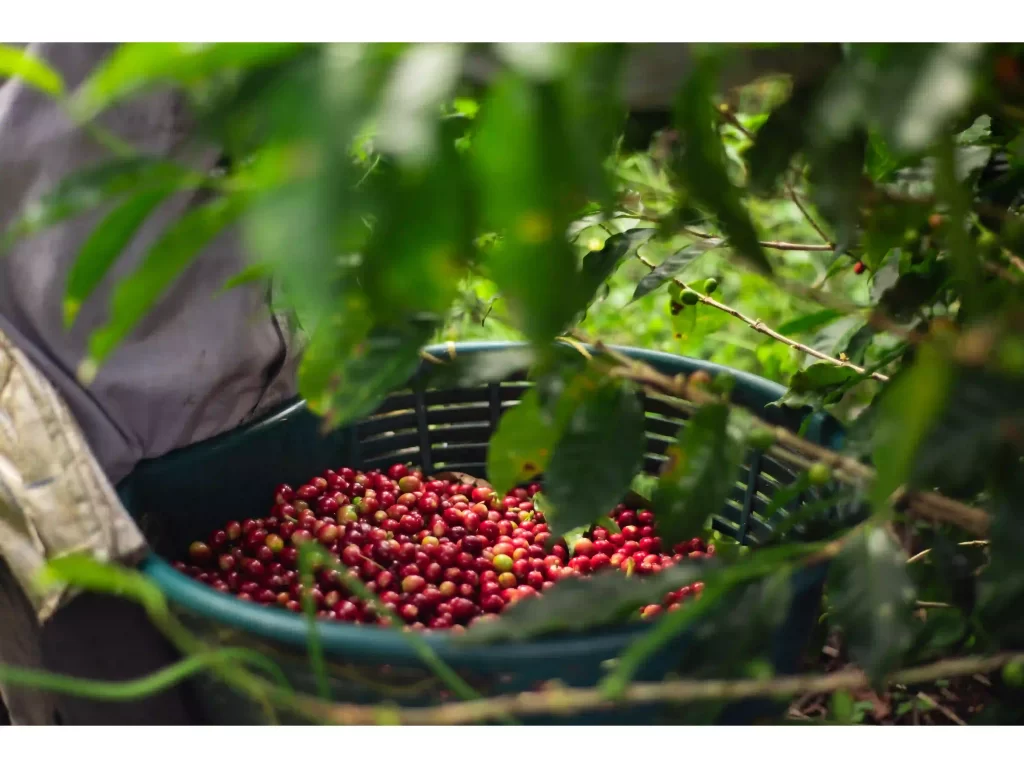
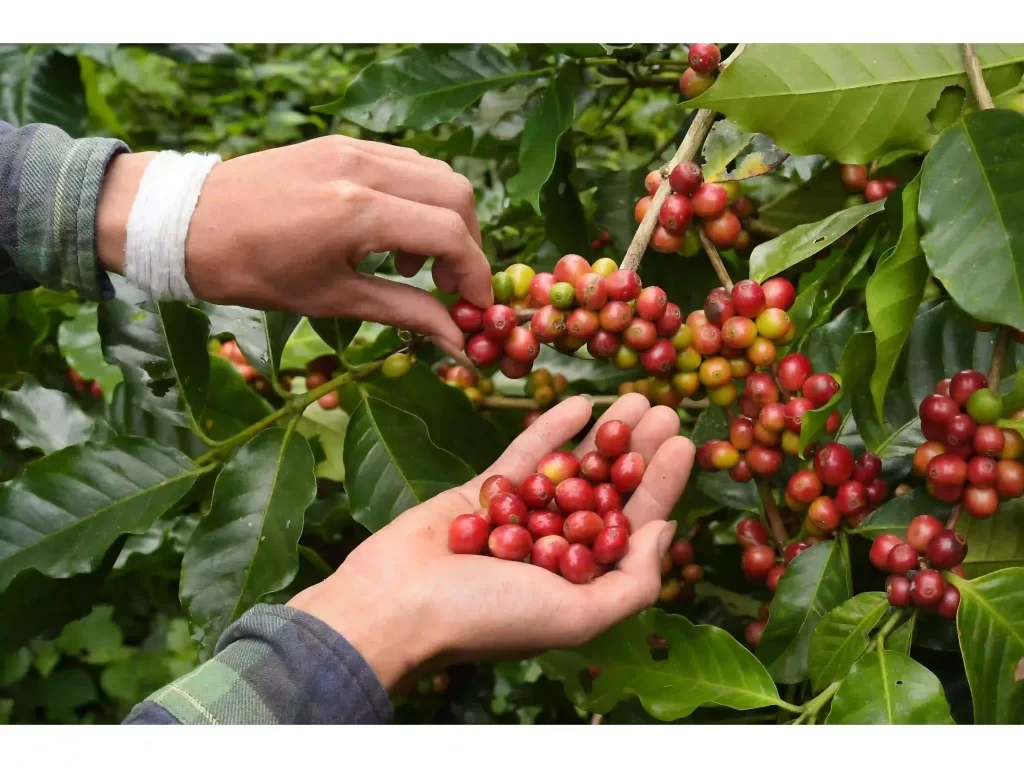
It creates the flammability and aroma of “Golden Leaves”
1.Core advantage: Chlorine-free! Chlorine-free! Chlorine-free!
This is the most irreplaceable value of potassium nitrate for tobacco. Tobacco is a typical “chlorine-sensitive crop”. If chlorine-containing fertilizers (such as potassium chloride) are used, chloride ions will accumulate in large quantities in tobacco leaves, resulting in:
- Poor combustibility: tobacco leaves are prone to flameout when being smoked, and incomplete combustion.
- Deterioration of taste: The tobacco leaves have a rough taste, heavy impurities, and a significant decline in aroma quality.
- Dull color: The tobacco leaves after roasting are dull in color and have poor elasticity, making it difficult to become superior “golden leaves”.
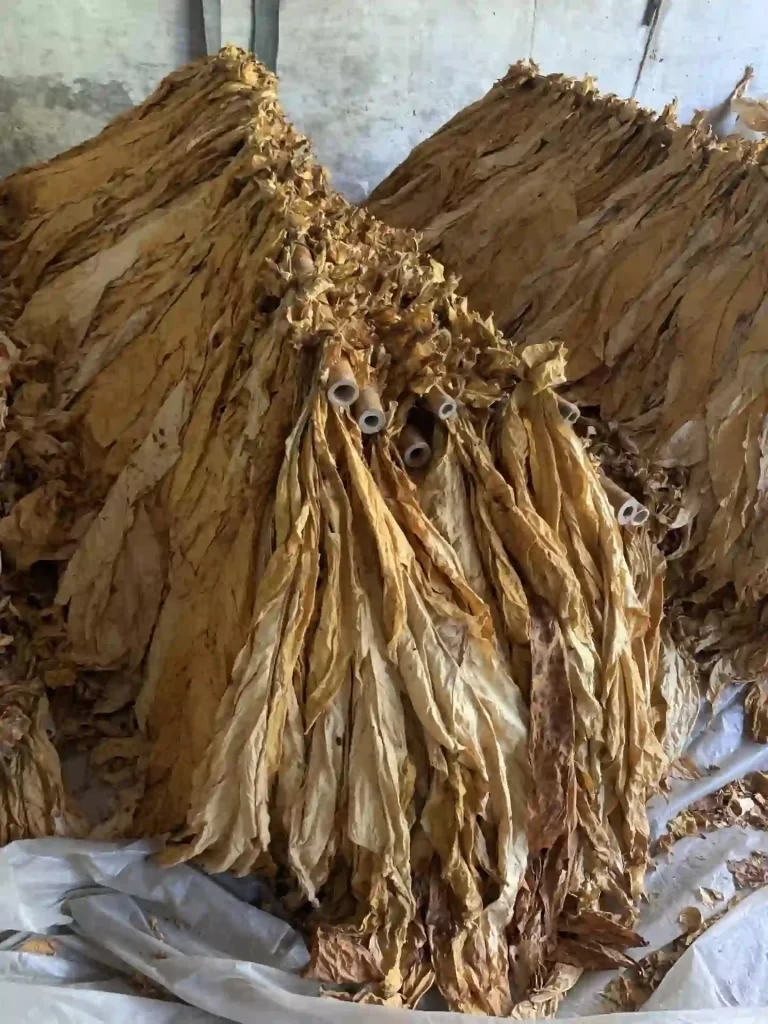
Potassium nitrate contains no chlorine at all, fundamentally eliminating this risk.
2. Optimizing leaf structure and chemical composition
- Potassium can promote the carbohydrate metabolism of tobacco leaves, making the leaf thickness moderate and the tissue loose. This not only benefits the later blending (baking) but also enhances the burning speed and uniformity.
- Adequate potassium helps accumulate and balance sugar and aromatic substances in tobacco leaves, laying a material foundation for the formation of a mellow and comfortable aroma.
3. Enhance disease resistance and improve field quality.
- Tobacco is susceptible to diseases such as Mosaic disease and red star disease. Application of potassium nitrate can significantly enhance the stem strength and leaf thickness of tobacco plants, improve their disease resistance, and produce healthy, intact and high-quality original leaves.
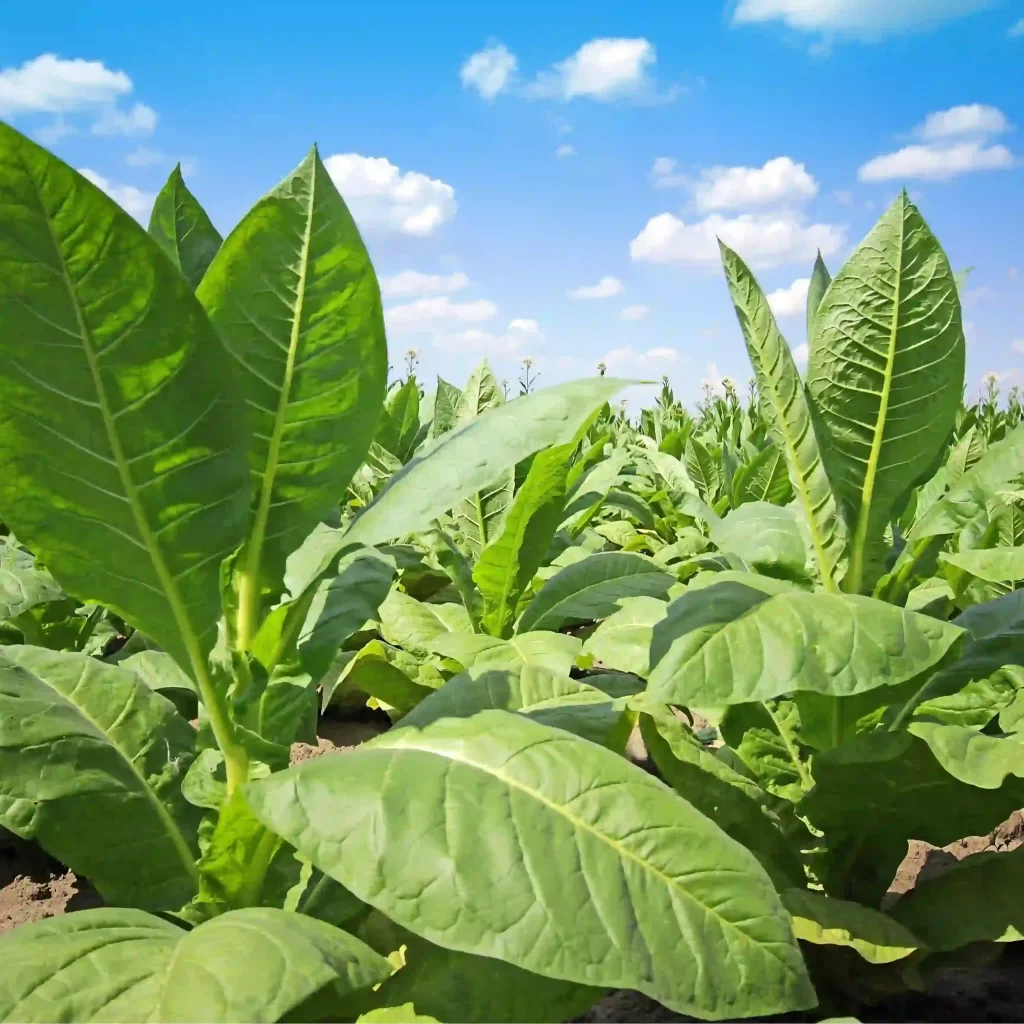
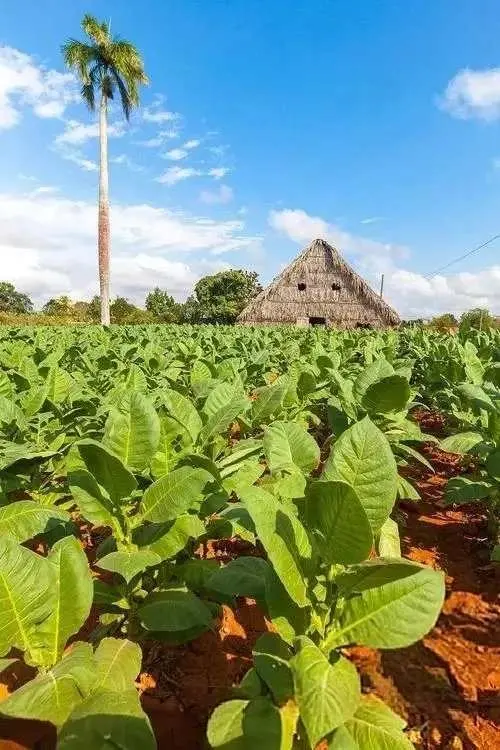
In conclusion, for crops like tea, coffee and tobacco that prioritize flavor, potassium nitrate is not merely a fertilizer but also an investment in quality. It activates the potential of crops at the root by providing the most suitable nutrient forms and avoiding harmful components, ultimately producing top-quality agricultural products that are superior in appearance, taste and market value.

